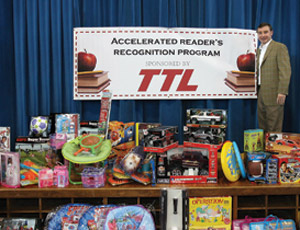
Dean McClure didn’t have to be asked by Tuscaloosa, Ala., city school officials to help them improve elementary students’ chronically-low reading scores. The president and CEO of TTL Inc., a locally-based geotechnical and materials testing firm, had already committed company profits and staff time to an innovative solution that was only natural as a member of the community, he says.
Engineers helping kids with reading may seem off-path, but both McClure and school officials see TTL’s Accelerated Readers program as a sound investment in future resources. Under the program, students read books and pass comprehension tests to gain points they can redeem for educational and nonviolent toys and games—from toy cars to iPods. TTL professional staffers mentor kids to help with book selection and staying committed. McClure says the program has boosted staff leadership and communications skills and is a key part of its culture.
While some education mavens pooh-pooh incentive-based programs, TTL has now expanded the effort to all six cities in Alabama, Georgia and Tennessee, where it has offices. Results are promising so far. McClure says the number of second-graders reading below grade-level at one Tuscaloosa elementary school dropped to 70% from 95% in just one marking period after mentoring began. Comprehension pass rates and library book check-out rates also soared. “We’ve gotten the kids to cross the threshhold of the library door,” he says. School officials are thrilled to have the support. Tuscaloosa schools superintendent Joyce Levey notes “the passion and enthusiasm for partnership.”
TTL’s success with its reading program has also propelled a new effort this year to push it nationwide. In August, the Engineers’ Leadership Foundation, a not-for-profit group focused on honing engineers’ leadership skills, announced engineer-led reading pilot programs based on the TTL model to start in Newark, N.J., Denver and Houston by next fall. The expanded effort is being called Engineering Better Readers (EBR). “Engineers solve problems and we see a serious one that EBR can address,” says Gerald J. Salontai, an ELF board member and former CEO of San Diego-based engineer Kleinfelder. He notes statistics showing that students with poor reading skills in third grade have much higher drop-out rates by high school.
“We have the keys and we have the willpower to help make engineers recognized, contributing leaders of their communities and to help our children achieve the real keys to educational futures,” says Patricia Bachner, an educator who is EBR’s program director.


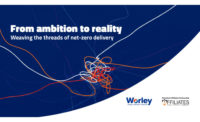
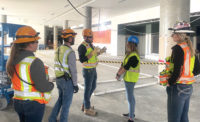

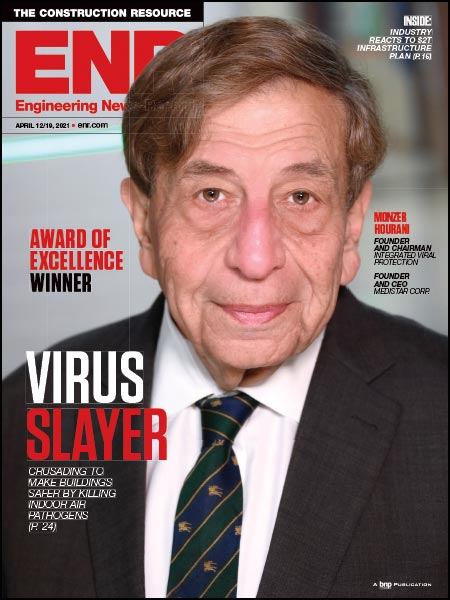
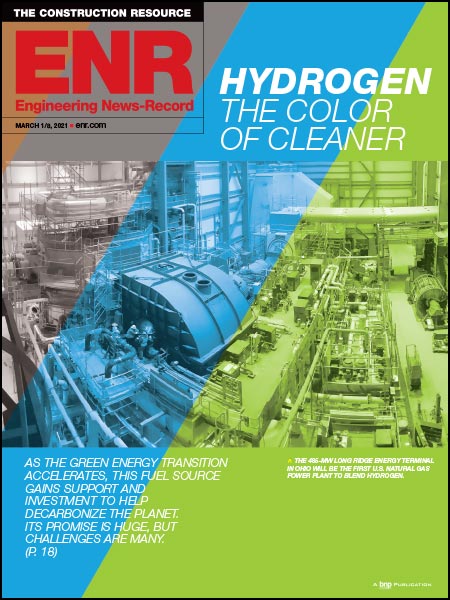
Post a comment to this article
Report Abusive Comment